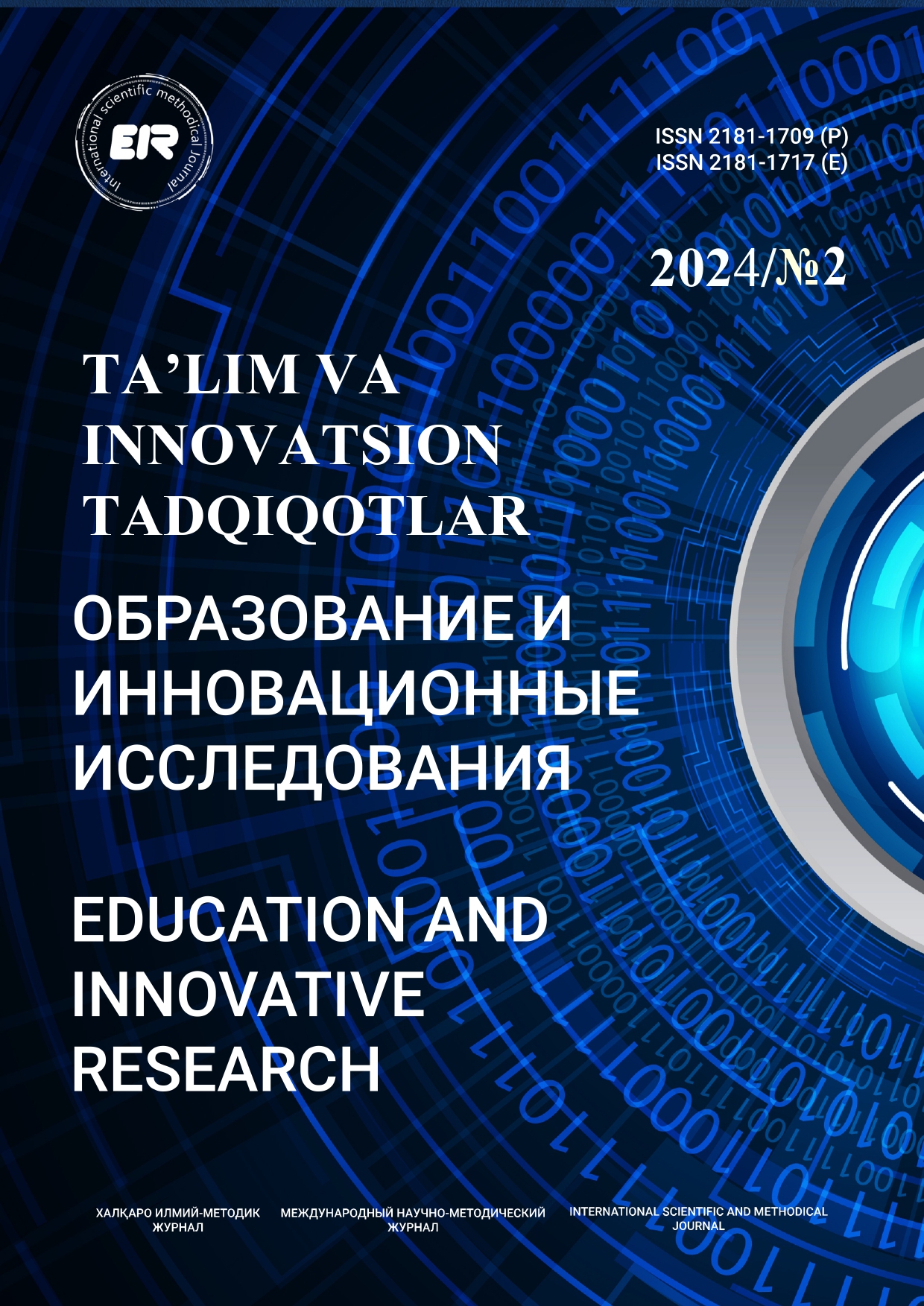PEDAGOGICAL CONDITIONS FOR ORGANIZING INDEPENDENT ACTIVITIES OF MEDICAL STUDENTS DURING MUSIC THERAPY CLASSES
Shalankov Konstantin Konstantinovich, Fergana Medical Institute of Public Health
Keywords:
music therapy, medical education, independent learning, pedagogy, independent work, experimental learning, technology.Abstract
Music therapy is recognized as a valuable complement to traditional medical treatments and offers a holistic approach to patient care. Incorporating music therapy into the medical education curriculum not only strengthens students’ understanding of the needs of patients, but also contributes to their personal and professional development. The article discusses the pedagogical foundations necessary for the effective organization of independent activities of medical students in music therapy classes. Drawing on teaching theory, practical considerations, and empirical evidence, we establish strategies to enable students to engage in meaningful self-directed learning in the context of music therapy education.
References
Thaut, M. H., & Hoemberg, V. (2014). Handbook of Neurologic Music Therapy. Oxford University Press.
Aldridge, D. (Ed.). (2005). Music Therapy and Neurological Rehabilitation: Performing Health. Jessica Kingsley Publishers.
Magee, W. L. (2006). Music therapy with children and adolescents in mainstream schools: A systematic review. British Journal of Music Education, 23(1), 7-23.
Edwards, J. (2009). Music therapy in the assessment and treatment of autistic spectrum disorder: Clinical application and research evidence. Child: care, health and development, 35(2), 275-283.
Wheeler, B. L., & Murphy, K. (2016). Music therapy research (3rd ed.). Barcelona Publishers.
Silverman, M. J. (2014). The Handbook of Music Therapy. Routledge.





